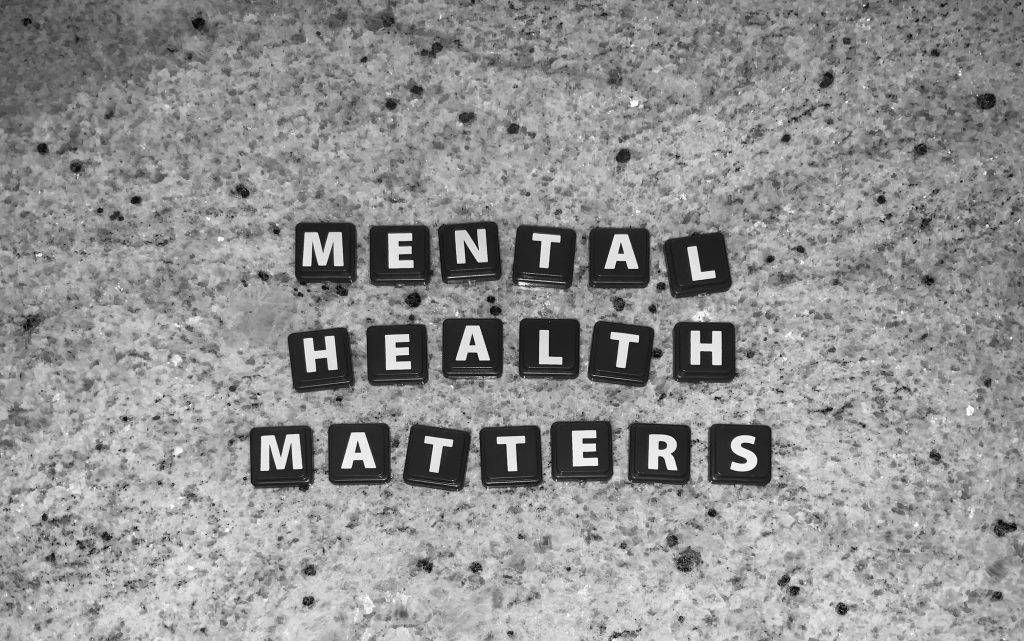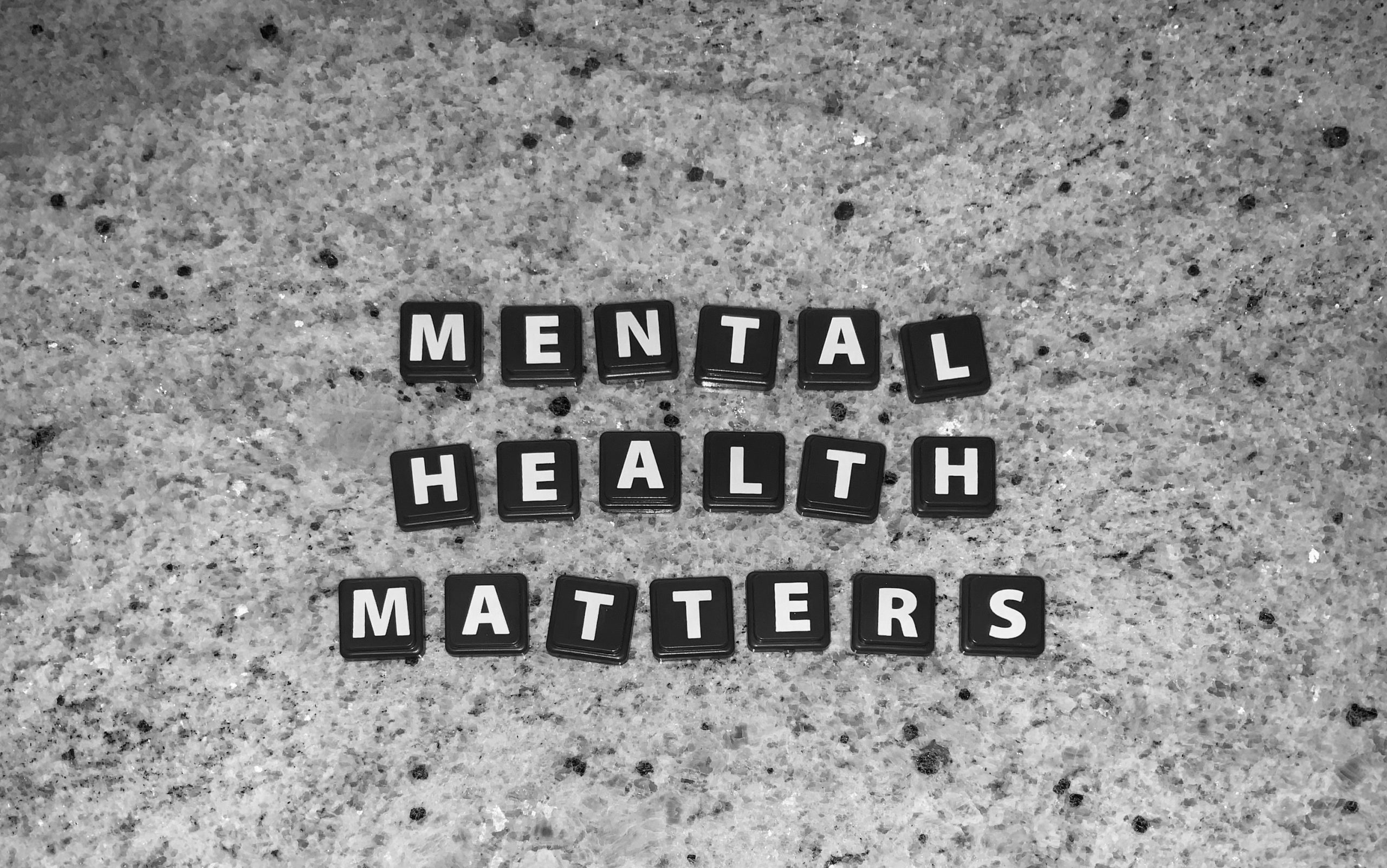Addiction is a brain disease, according to science
Addiction, like depression and other mental illnesses, is a very real medical disorder based on brain changes.
Alcoholism is a complex disease with psychological, biological, and social components. Addiction, like other chronic illnesses, frequently involves cycles of relapse and remission. Some people can consume alcohol—and even overindulge on occasion—without it becoming a problem. For others, drinking can progress to mild, moderate, or severe alcohol use disorder, which doctors and clinicians now refer to as rather than alcoholism, alcoholics, or alcohol abuse.
Why do some people develop addictions while others do not?
Multiple risk factors exist, including age, genetics, biology, environment, and social influences, but one aspect is consistent: alcohol affects our brain’s reward centre. When we eat good food, listen to music or exercise, our brain produces dopamine, a feel-good chemical that makes us want to “do that again!”
According to biological psychologists’ research, people who are more prone to addiction, as well as those who are genetically predisposed to certain mental health disorders, have lower dopamine levels in their brains. These biological differences in brain chemistry are not optional.
Research also shows that when these individuals’ brain reward centres are flooded with alcohol- or drug-induced levels of dopamine, the connection between drinking, the resulting pleasure, and cues associated with the experience “teach” the brain to seek drugs or alcohol over healthier goals and activities. In short, the brain’s desire for addictive substances becomes hardwired to the point where it is unable to distinguish between healthy and drug rewards.
This is why a person who abuses drugs eventually feels flat, unmotivated, lifeless, and depressed and is unable to enjoy previously pleasurable activities. To experience even a normal level of reward, the person must continue to use drugs, which exacerbates the problem, creating a vicious cycle.

Does the medical community consider alcoholism a disease?
Yes. Since 1956, the American Medical Association (AMA) has defined alcoholism as a disease marked by compulsive decision-making, impulsive behaviour, and relapse. The American Medical Association’s disease theory of alcoholism is based on the following criteria:
- Biological in nature (illness exists by itself)
- It does not go away or heal on its own and shows visible signs or symptoms
- Is progressive (can become worse—even fatal—if not treated)
- Has a predictable timeline for development and recovery
When was alcoholism recognised as a mental illness rather than simply “drunkenness”?
The American Psychiatric Association designated substance use disorder as a primary mental health disorder in the third edition of the Diagnostic and Statistical Manual of Mental Disorders (DSM), the official guide to diagnosing mental health disorders in the United States, in 1980. Earlier versions of the DSM classified alcoholism as a subset of personality disorders.
How is alcoholism classified as a mental health disorder?
The American Society of Addiction Medicine (ASAM) defines addiction as a primary, chronic disease of the brain’s reward, motivation, memory, and related circuitry. Dysfunction in these circuits causes specific biological, psychological, social, and spiritual manifestations. This is reflected in an individual’s pathological pursuit of reward and relief through substance use and other behaviours.
At its core, addiction isn’t just a social problem, moral problem, or criminal problem. It’s a brain disorder, with symptoms manifesting in all these other areas. Many addictive behaviours are serious issues, and they can even be illegal. But the disease is about the brain, not the drugs. It’s about the underlying neurology, not the external actions.
Mental and emotional symptoms manifest long before physical symptoms do. Long-term alcohol abuse can result in physical complications such as liver cirrhosis, chronic brain deterioration, and, most tragically, death if behavioural or mental symptoms are not treated appropriately.

What role do mental illnesses and alcoholism play in each other?
Rather than thinking about cause and effect, it’s helpful to consider the co-occurrence of these conditions. Mental illnesses can exacerbate substance use disorders, and substance use disorders can contribute to the development of mental illnesses. For example, people may drink because they are depressed (to relieve symptoms of mental health disorders). On the other hand, excessive drinking may exacerbate depression or anxiety symptoms.
When two or more conditions co-occur, the diagnosis is known as a co-occurring disorder, comorbidity, or dual diagnosis.
Co-occurring disorders exacerbate each other, making the condition even more challenging to manage. When a mental health issue is ignored, the drug or alcohol addiction may worsen. When people use alcohol or drugs more frequently, their mental illness symptoms may worsen. Having a co-occurring disorder can complicate treatment, but recovery is possible—especially if your mental and behavioural health conditions are treated concurrently by licenced professionals.
What distinguishes treatment for alcohol and drug abuse from mental health treatment?
Many of the same treatment approaches and therapies are used to treat substance abuse and mental health issues. Many treatment professionals are integrated providers, having received training in both addiction and mental health treatment. A multidisciplinary team of clinicians and professionals can also provide a comprehensive approach to integrated treatment by collaborating on an individual’s treatment plan.
There are some differences between the two types of treatments. Mental health treatment frequently focuses on and explores a person’s thoughts, feelings, and behaviours, emphasising how to improve those feelings through one-on-one counselling or group therapy. This type of treatment frequently combines medication with psychotherapy.
However, integrated treatment for substance use disorders and mental health disorders places a similar emphasis on the mind, body, and spirit. Typical components for treating substance use disorders (and parallel components for treating mental health disorders) include:
Assessment: The treatment provider conducts an initial evaluation that includes a mental and medical screening and a full-use history. This initial assessment is used to develop an individualised treatment plan. Regular assessments are required to ensure that treatment needs are met.
Stabilisation: Alcohol or drug detox can be uncomfortable and, if not managed properly, even fatal. Addiction treatment providers should offer medical supervision and medication during the detox process to alleviate the discomfort of withdrawal and cravings. Stabilisation, often with medications and, in some cases, hospitalisation, is an essential first step in treating co-occurring mental health disorders.
Education: Understanding addiction and co-occurring disorders is critical for dispelling myths and assisting patients in overcoming feelings of guilt and shame.
Behavioural therapy: One-on-one and group therapy can help patients explore issues and find new ways of thinking to influence future behaviours positively.
Fellowship: Twelve Step Facilitation, an evidence-based therapy used in many addiction treatment programmes, is founded on the positive effects of fellowship and mutual support. You’re not alone. Fellowship and group therapies are equally important in treating mental health disorders.
Continuing Care: Because addiction and mental health disorders are chronic diseases, symptom management is an essential part of the recovery process. While there is no cure, addiction specialists can effectively manage these illnesses like any other disease, minimising the risk of relapse.
The first step is detoxification. It is recommended that detox is carried out under medical supervision, followed by therapy. Detox services are available at home, making the process less cumbersome and more comfortable.
If you or your loved one is struggling with alcohol addiction, call Freephone at 0800 140 4044
Freephone: 0800 140 4044
Local rate: 0300 330 3040
Contact us here to find out more

